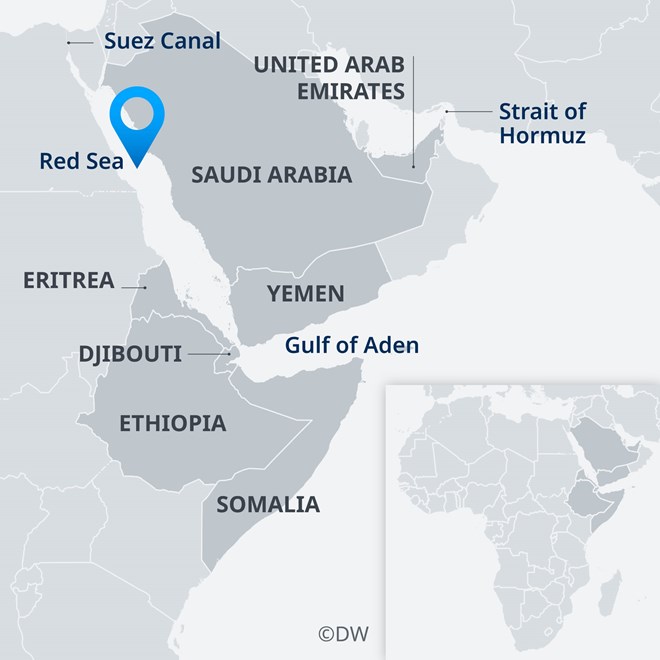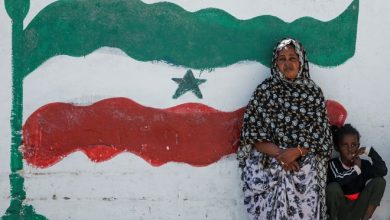Arab Gulf states in the Horn of Africa: What role do they play?
Ethiopia and Eritrea didn't pen their peace agreement in Addis Ababa or Asmara, but in Saudi Arabia with the Emirates alongside. Are economic and military interests increasingly binding Gulf states and the Horn together?
Ethiopia and Eritrea didn’t pen their peace agreement in Addis Ababa or Asmara, but in Saudi Arabia with the Emirates alongside. Are economic and military interests increasingly binding Gulf states and the Horn together?
The Red Sea, which separates Africa from the Arabian Peninsula, is just 355 kilometers (220 miles) wide at its broadest point. The major shipping route could be an economic treasure trove for any regional power. Yet for the last ten years, the water route spanning the Gulf of Aden in the south to the Suez Canal in the north has been a difficult one to navigate. Somali pirates, border disputes between Eritrea and Djibouti, landlocked Ethiopia’s attempt to gain Red Sea access, and the 3-year-old war in Yemen have made the region volatile.

It’s therefore no wonder that the 2018 peace deal between long-standing belligerents Ethiopia and Eritrea was warmly welcomed in the region. For allies Saudi Arabia and the United Arab Emirates (UAE) it was a triumph. The two Arab Persian Gulf states brokered the peace accord between the Horn of Africa neighbors in the Saudi city Jeddah. Moreover, they also got Djibouti to sit down at the negotiation table with its border rival, Eritrea.
Following the negotiations, UN Secretary-General Antonio Guterres spoke of a “wind of hope blowing in the Horn of Africa.” Saudi Arabia’s foreign minister, Adel Al-Jubeir, praised his head of state, King Salman bin Abdul-Aziz Al Saud Salman, and the Saudi Crown Prince Mohammed bin Salman on Twitter:





